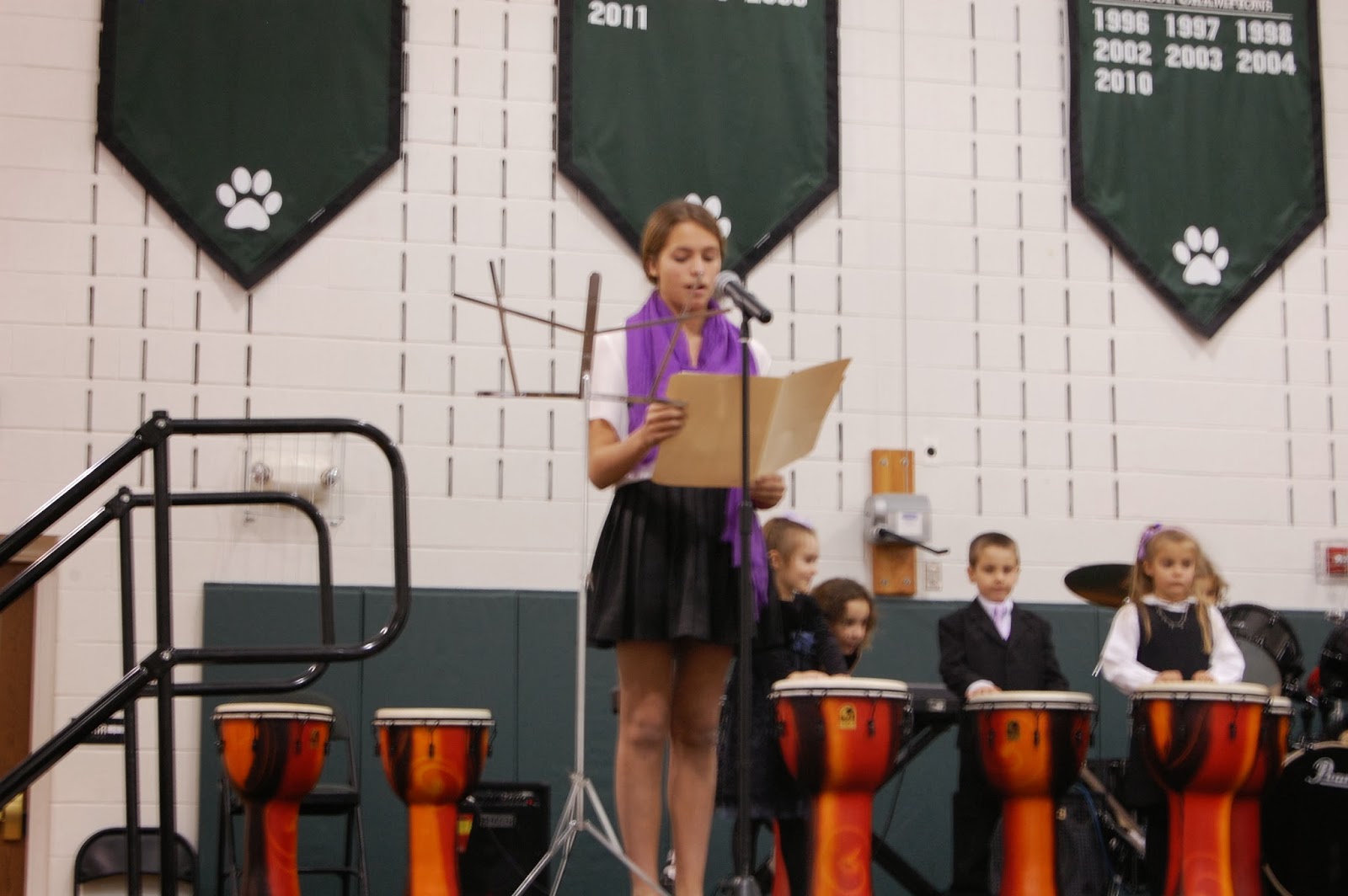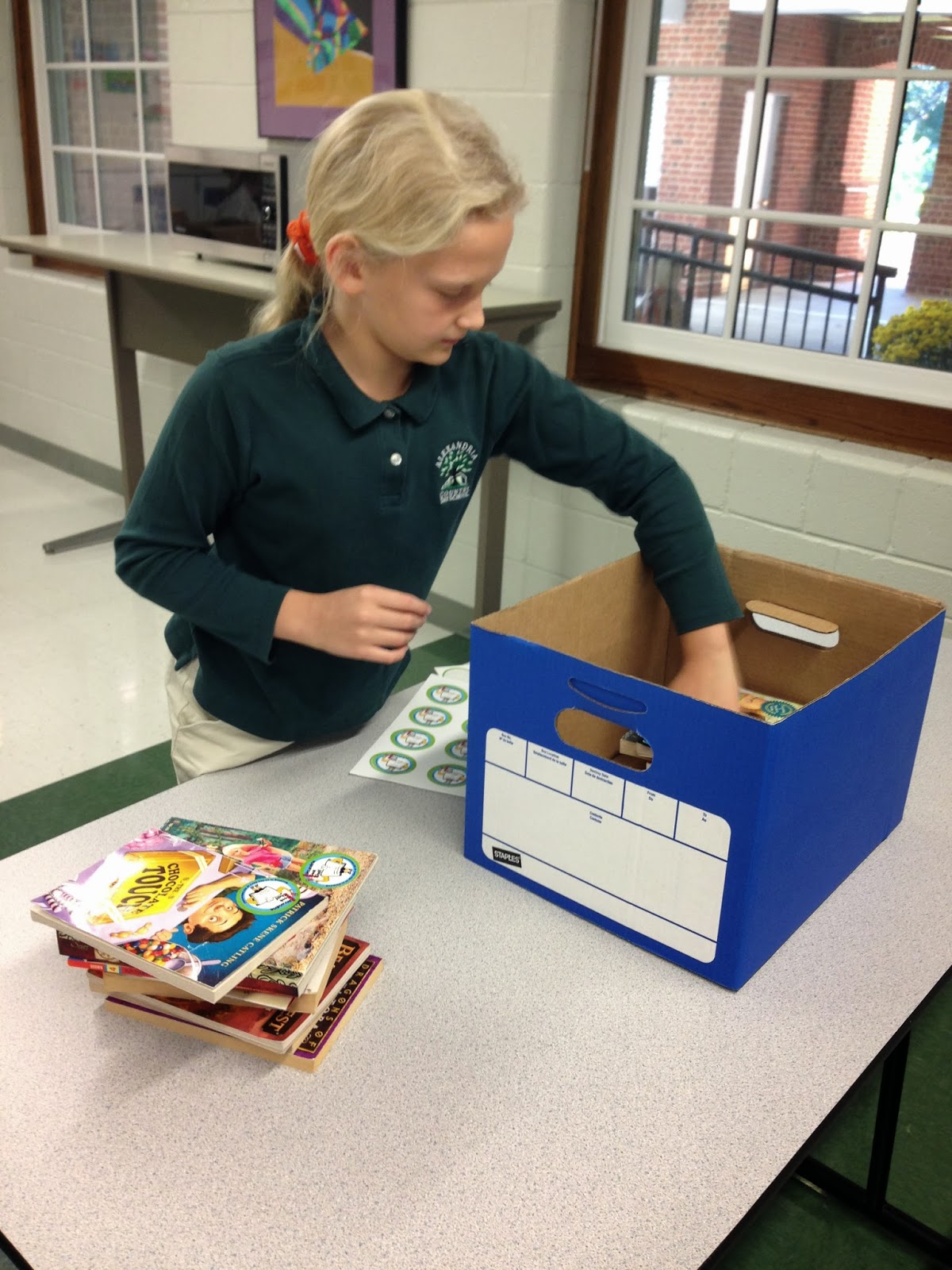Pop into the first grade classroom on any given afternoon and you are likely to encounter small clusters of children huddled around a collection of foam trays, felt, colored straws, Scotch tape, and all manner of handy supplies. There will be much negotiating, demonstrating, and a general flurry of activity. This is what STEM looks like in first grade.
STEM stands for Science, Technology, Engineering, and Mathematics. It’s a hot topic in education circles right now, but the essence of STEM has long been at home in classrooms here at ACDS. The heart of STEM is problem-based learning--students are given a problem to solve, then they design something that solves the problem. In STEM, this problem just so happens to require the students to activate their math skills and science knowledge to effectively solve it. Sounds simple enough, right?
| This chart lists the criteria and constraints for their sailboat project. |
In first grade, the design process follows a series of steps that are similar to the Scientific Method. The design process follows this path:
1. Investigate
2. Brainstorm
3. Plan
4. Build
5. Test and Present
| First graders with their plans for the apple container project. |
| This apple container went through multiple revisions before completing its task! |
| Testing out a sailboat! |















